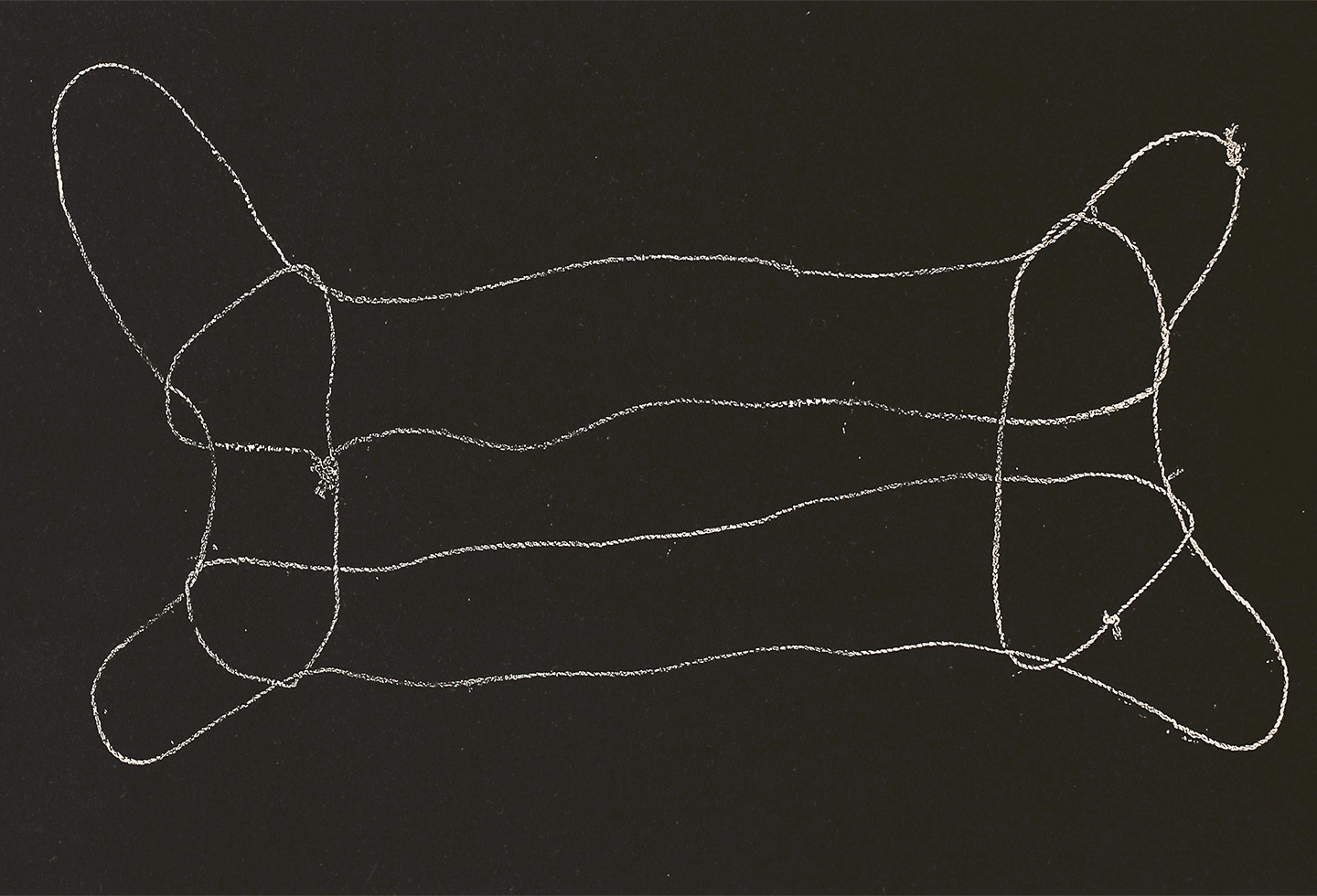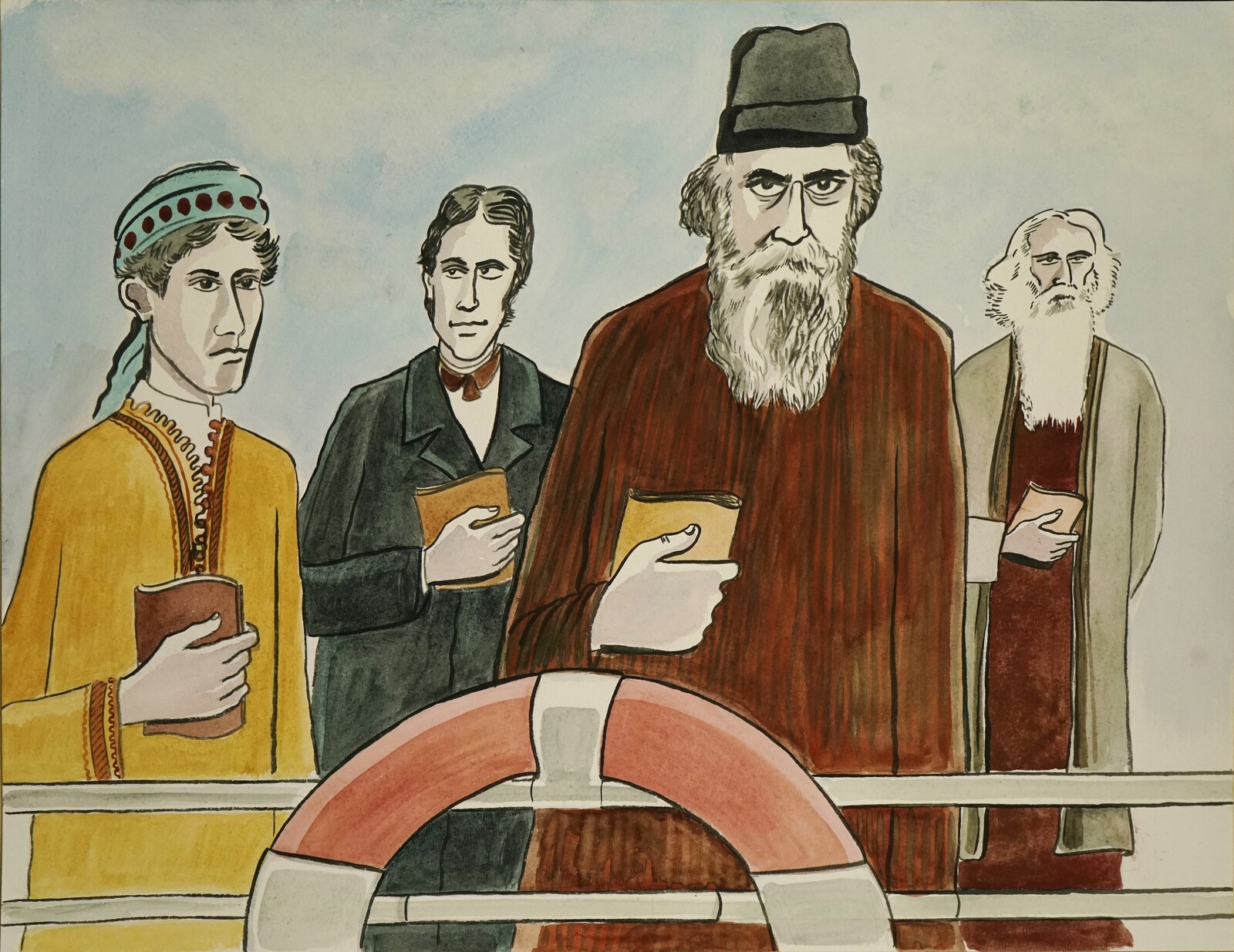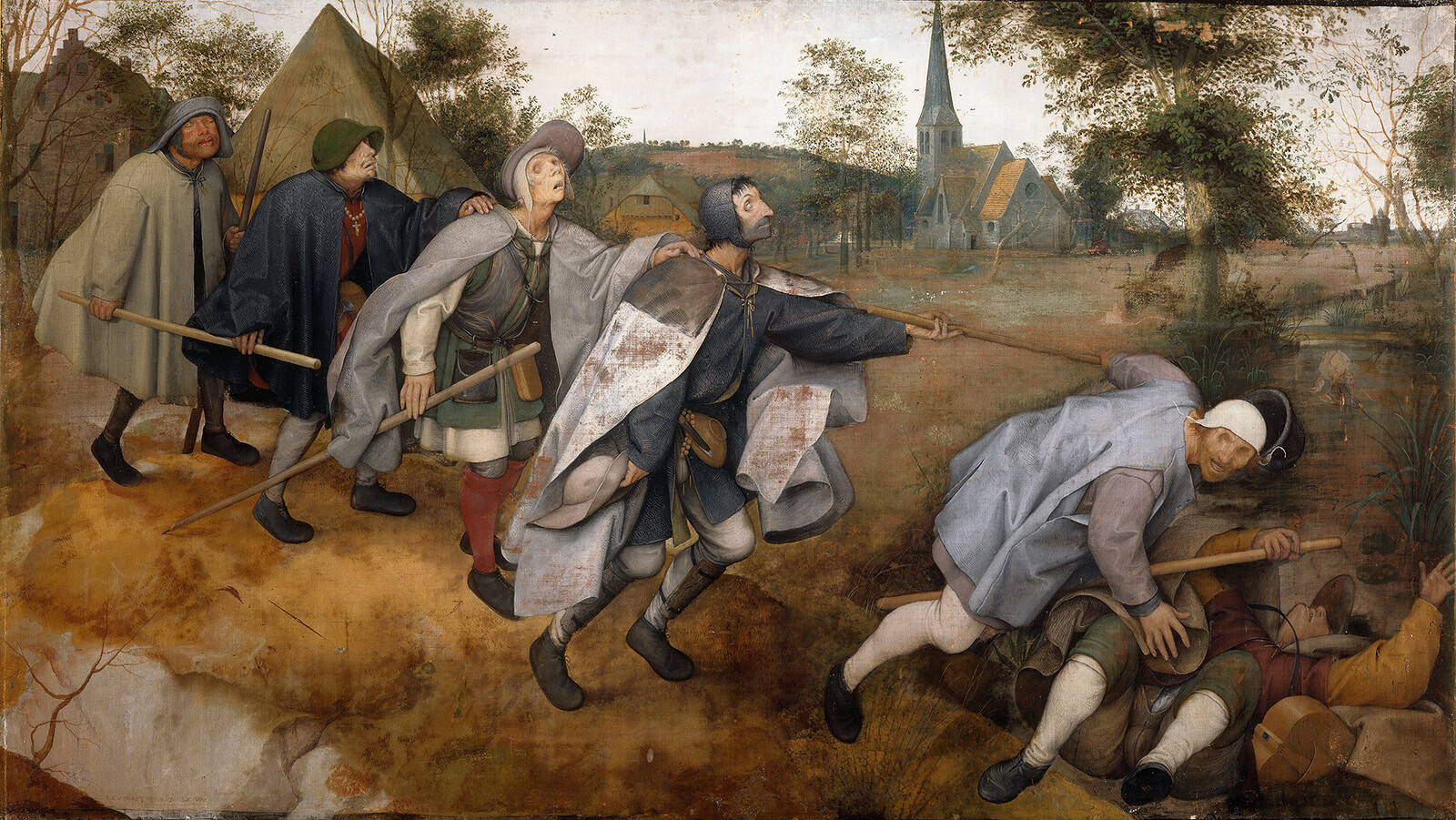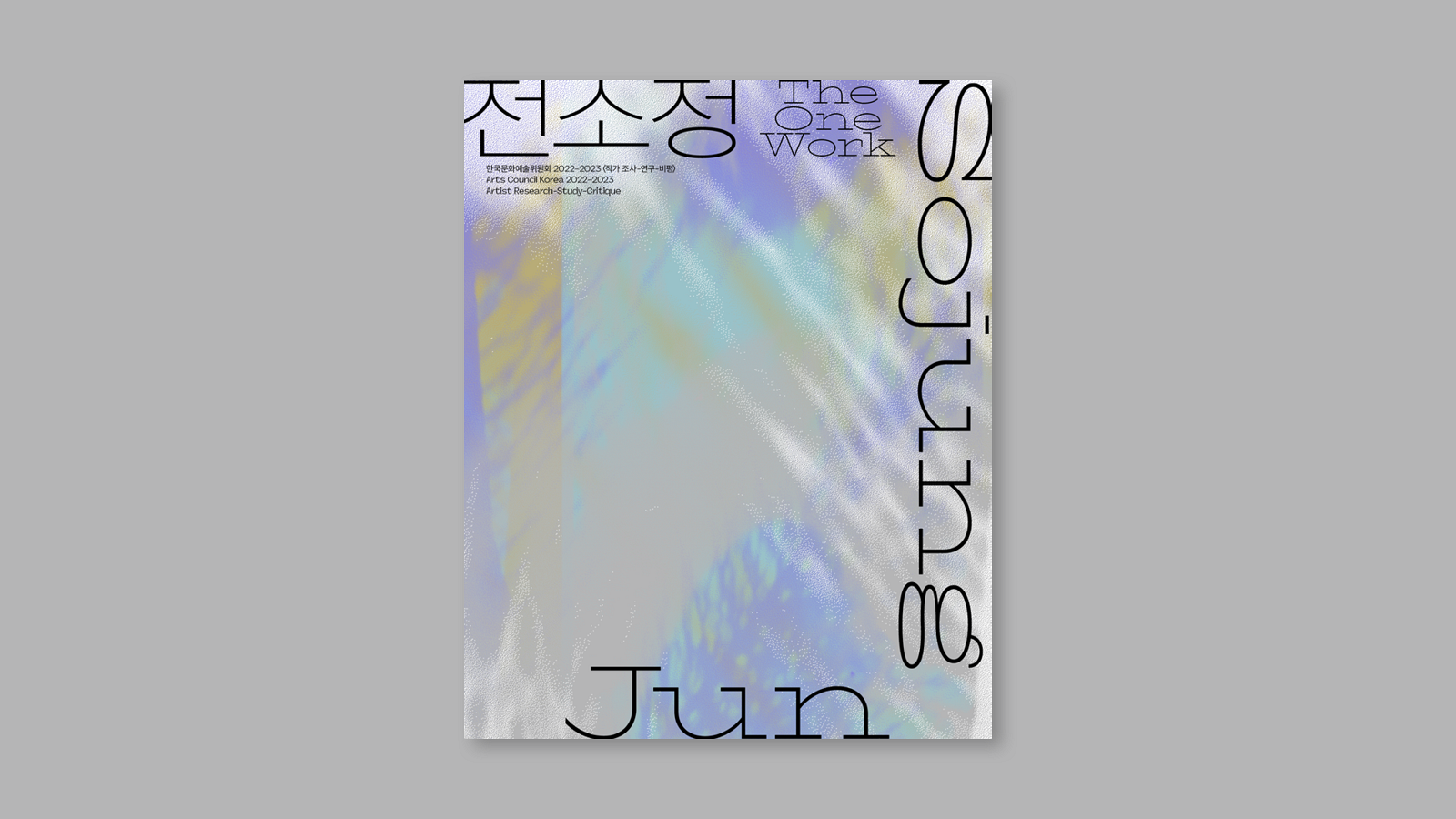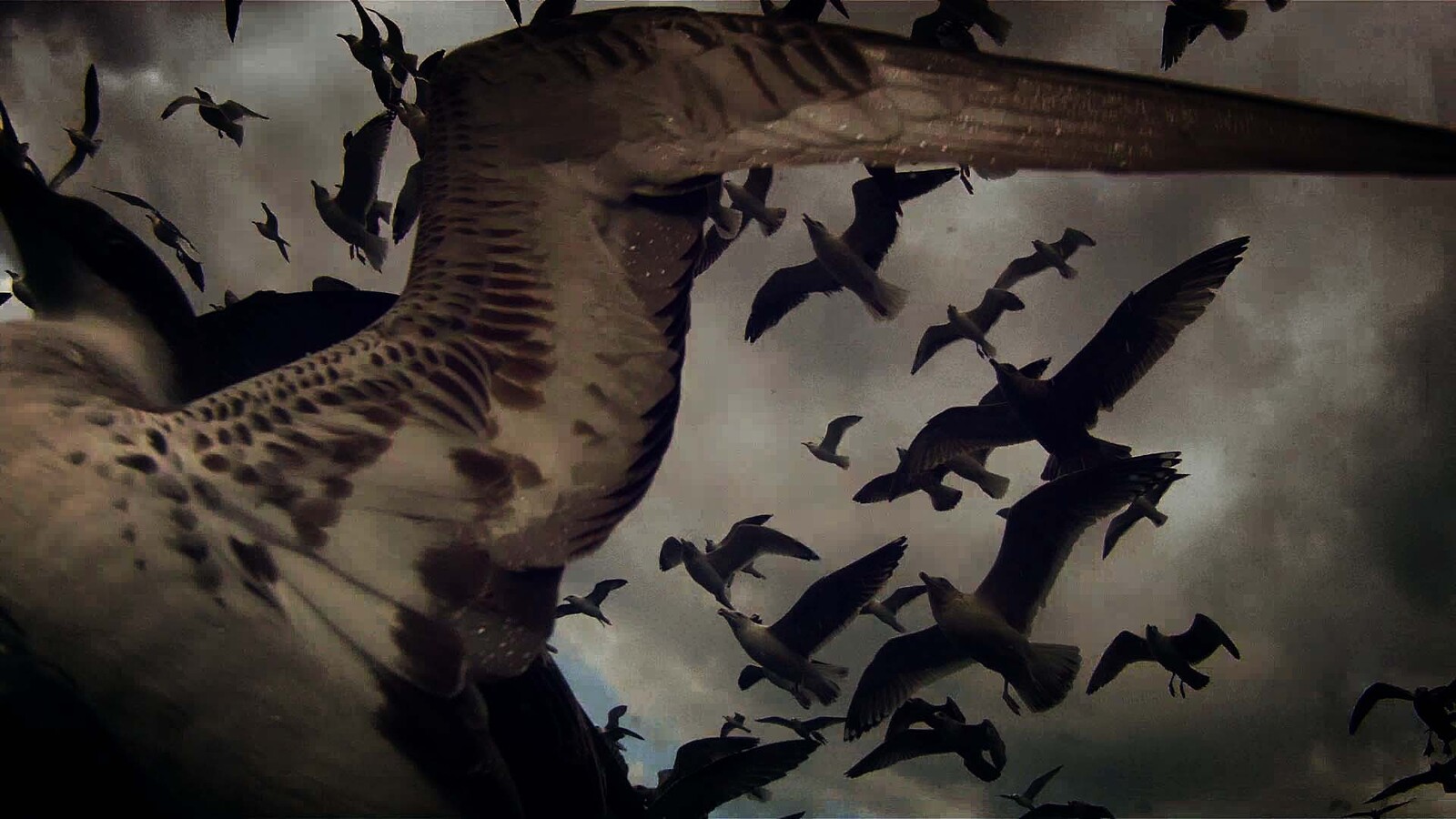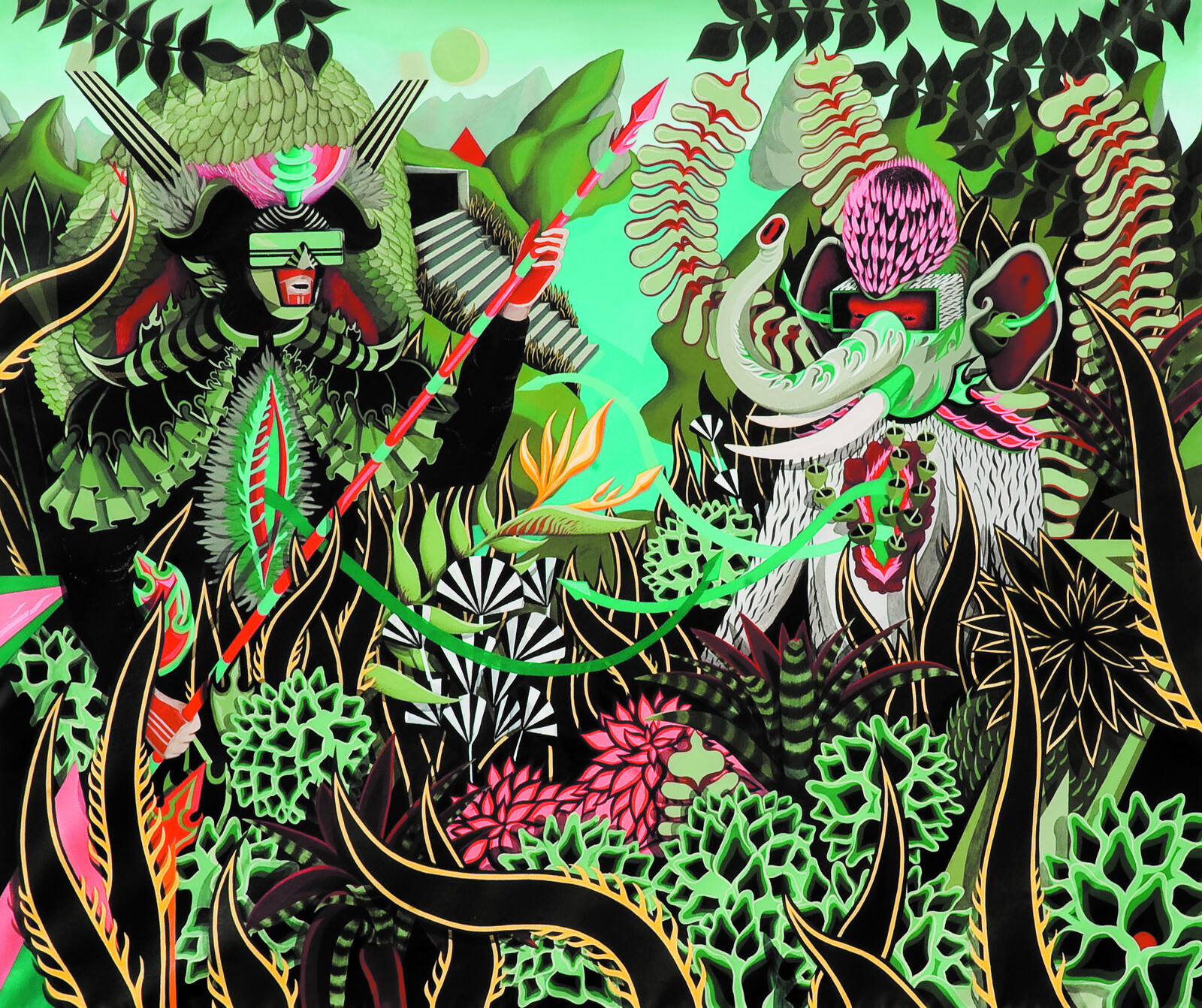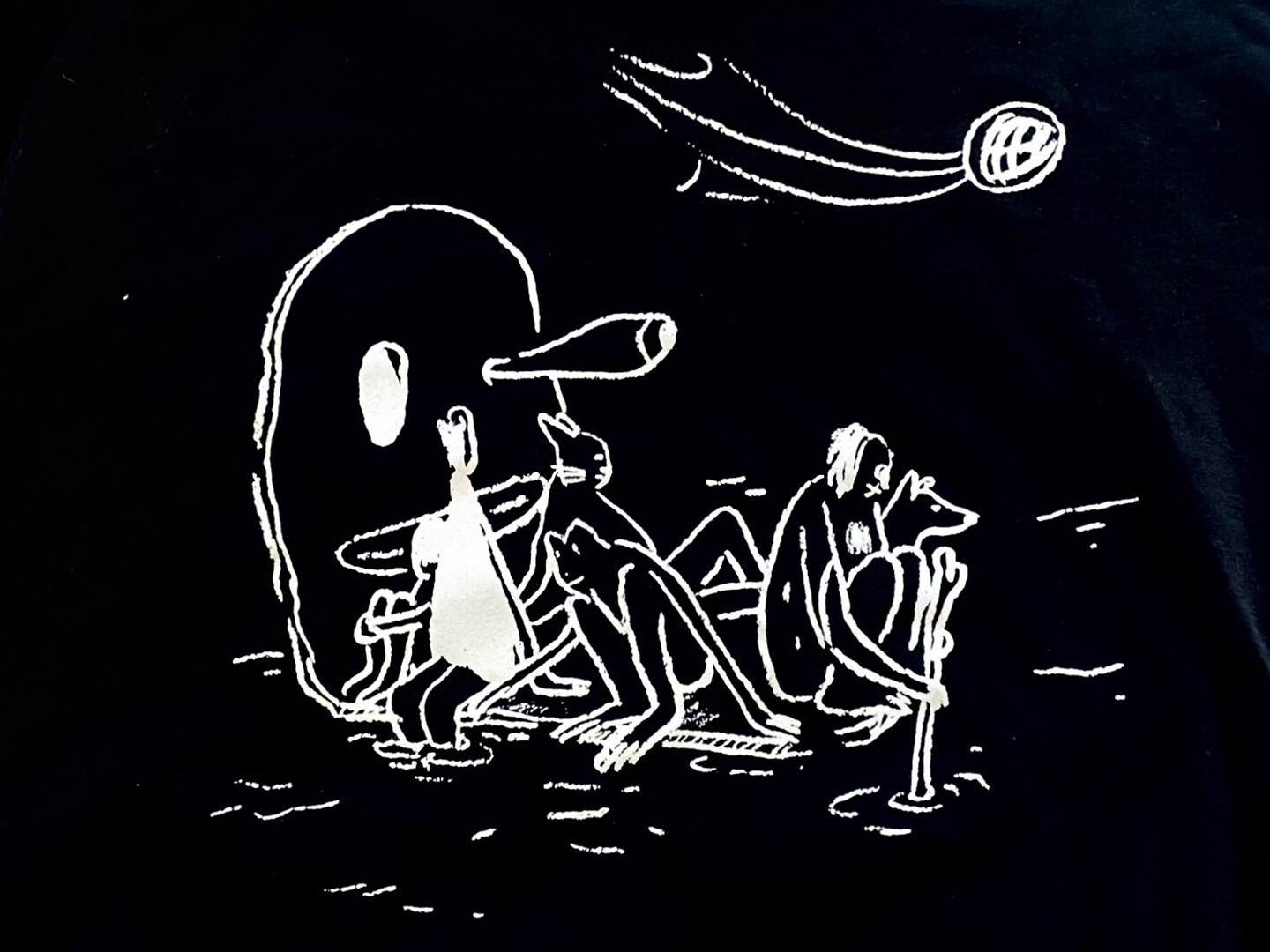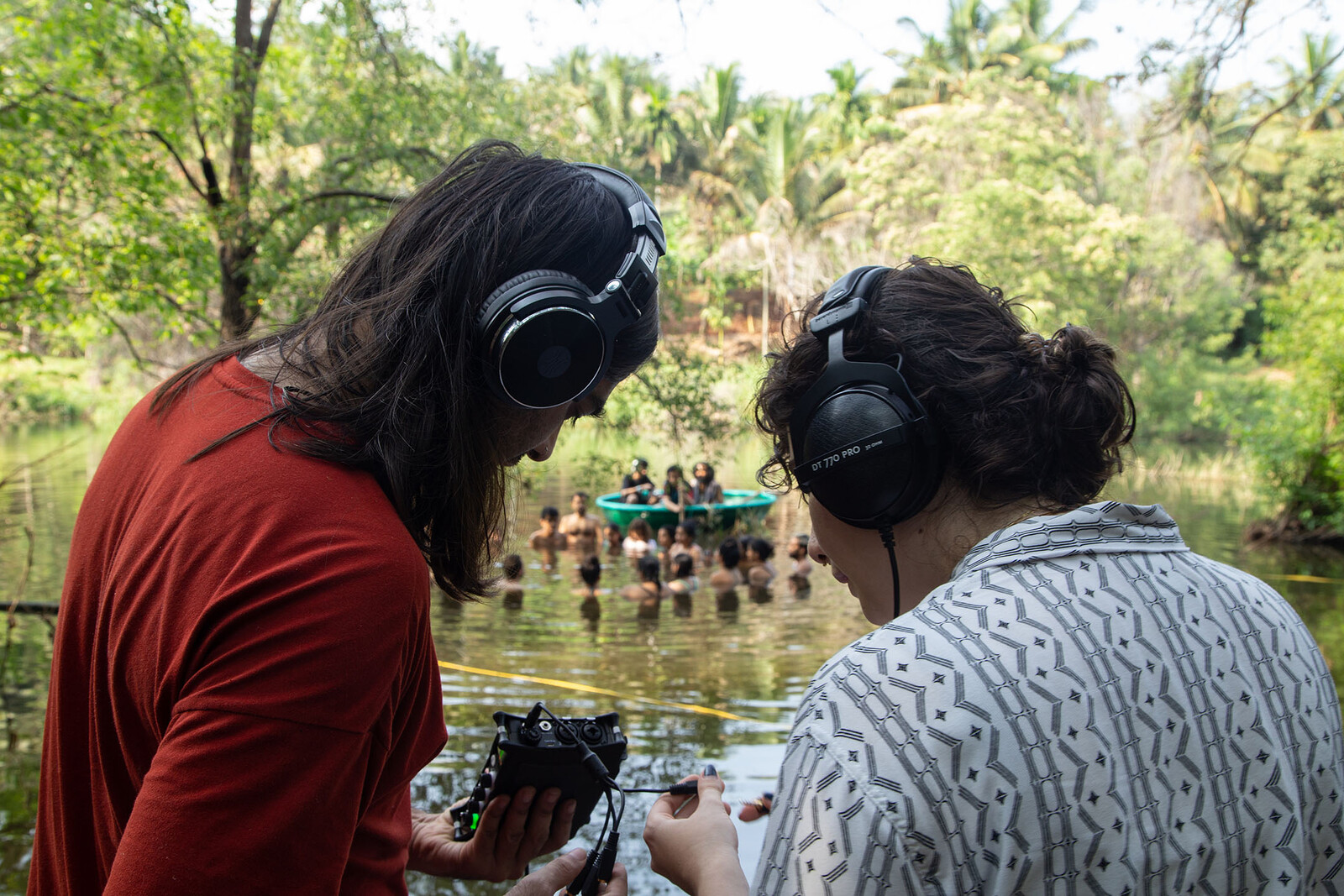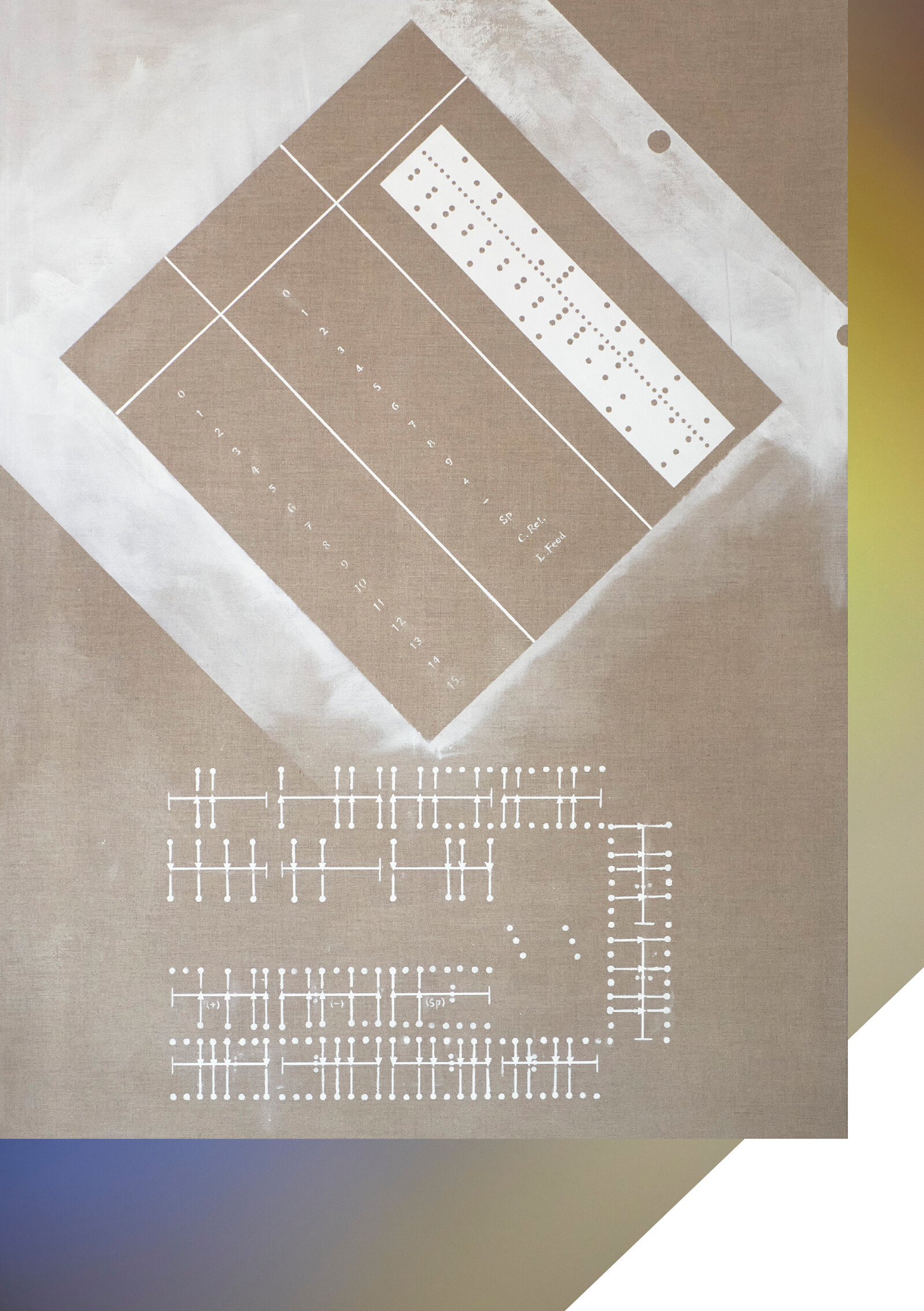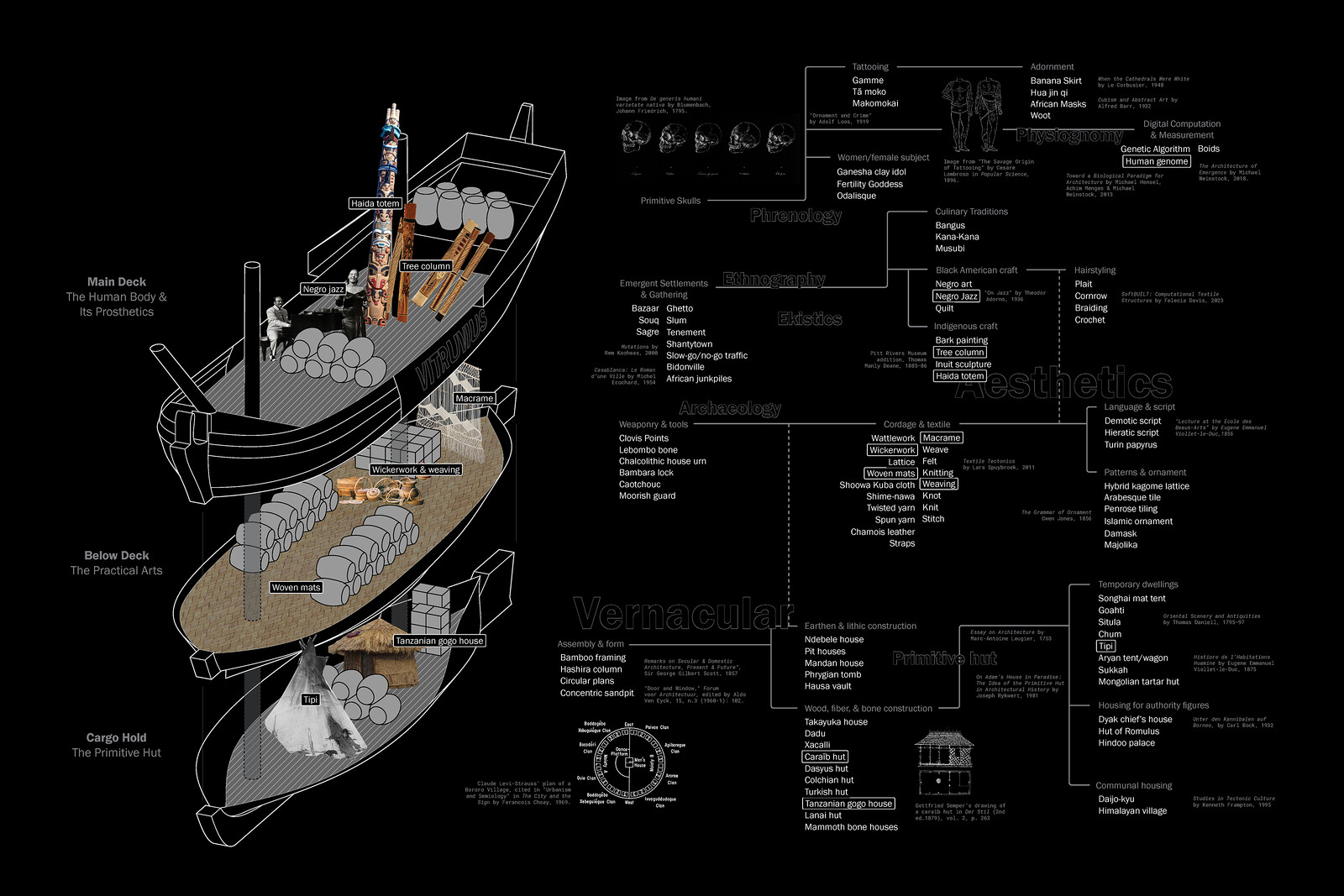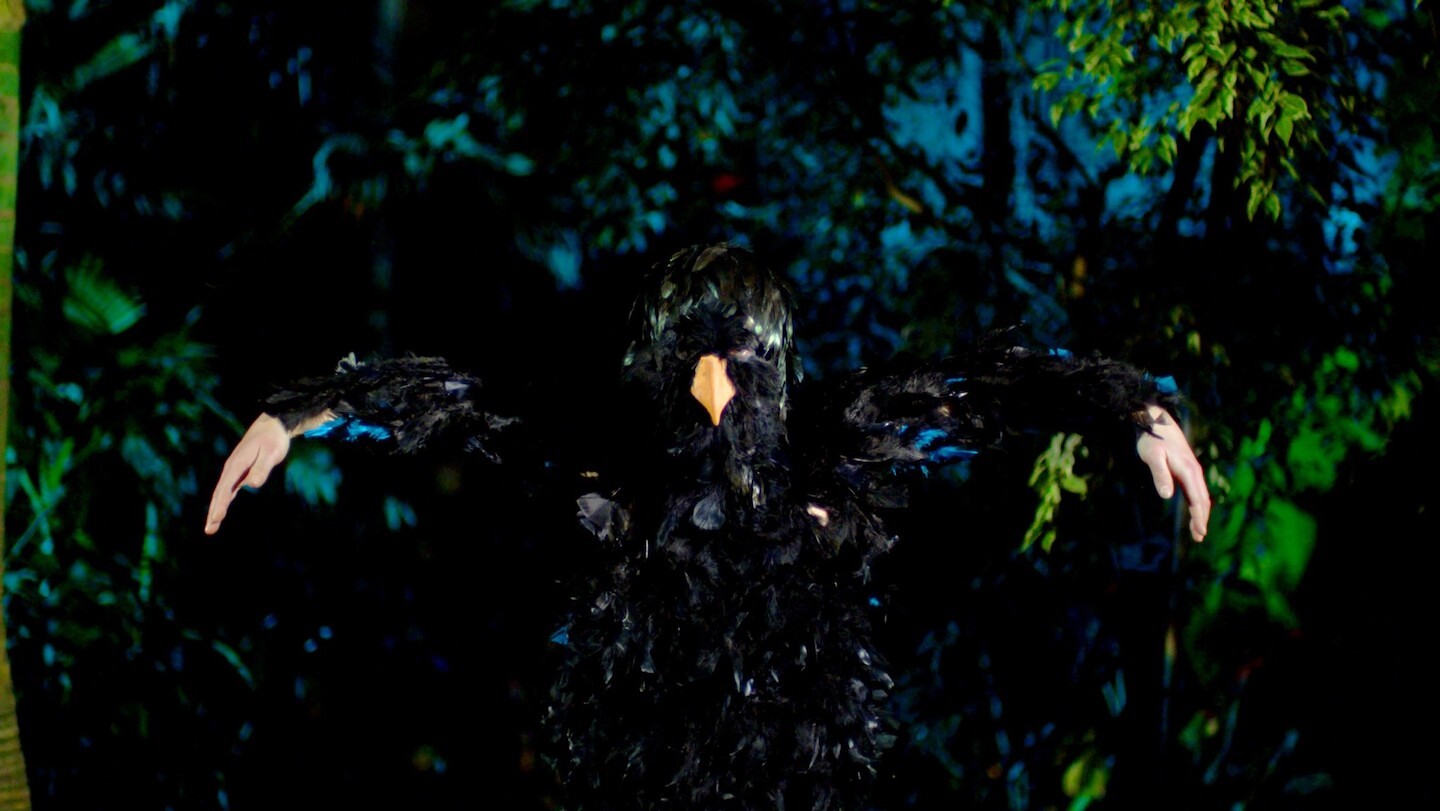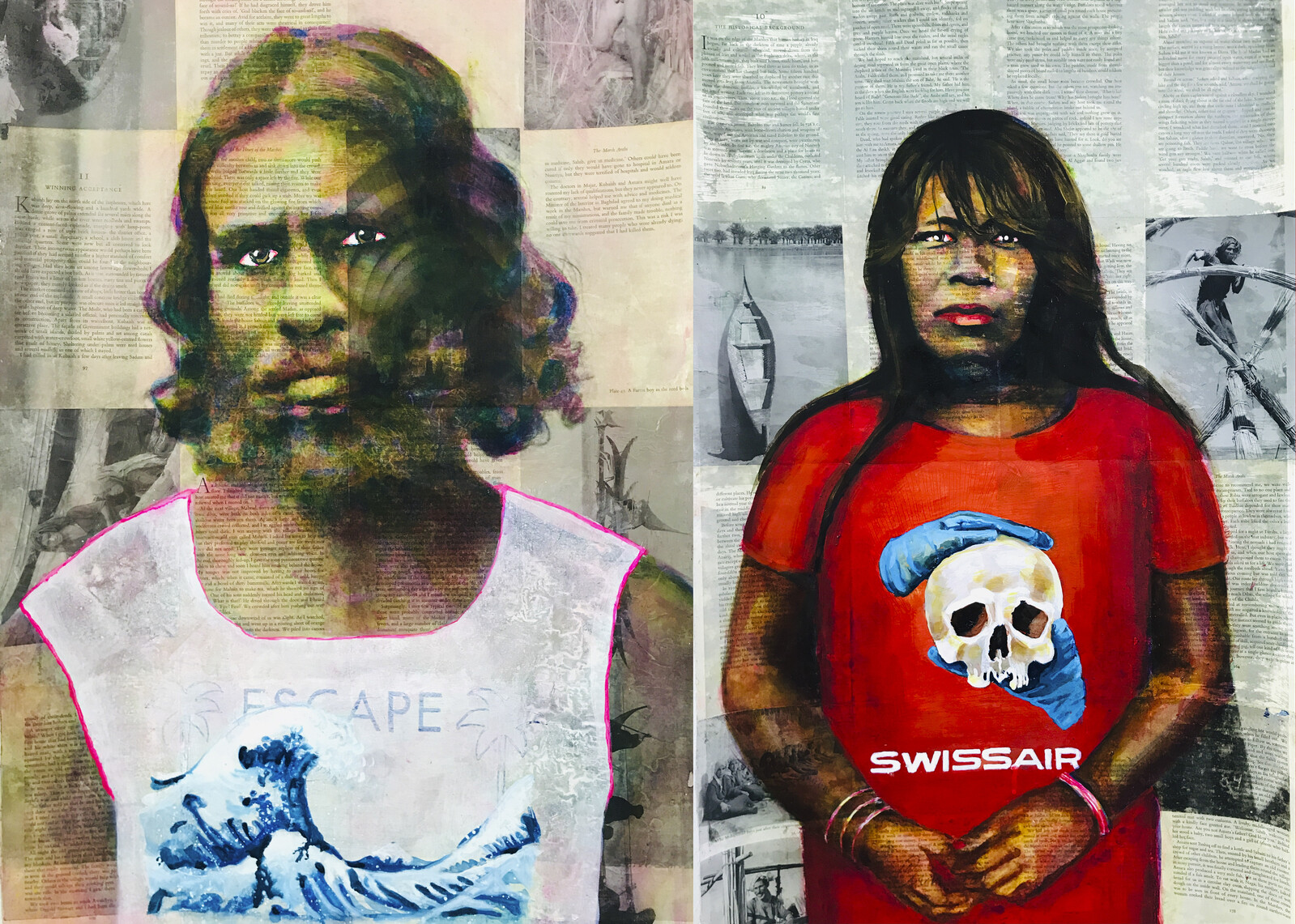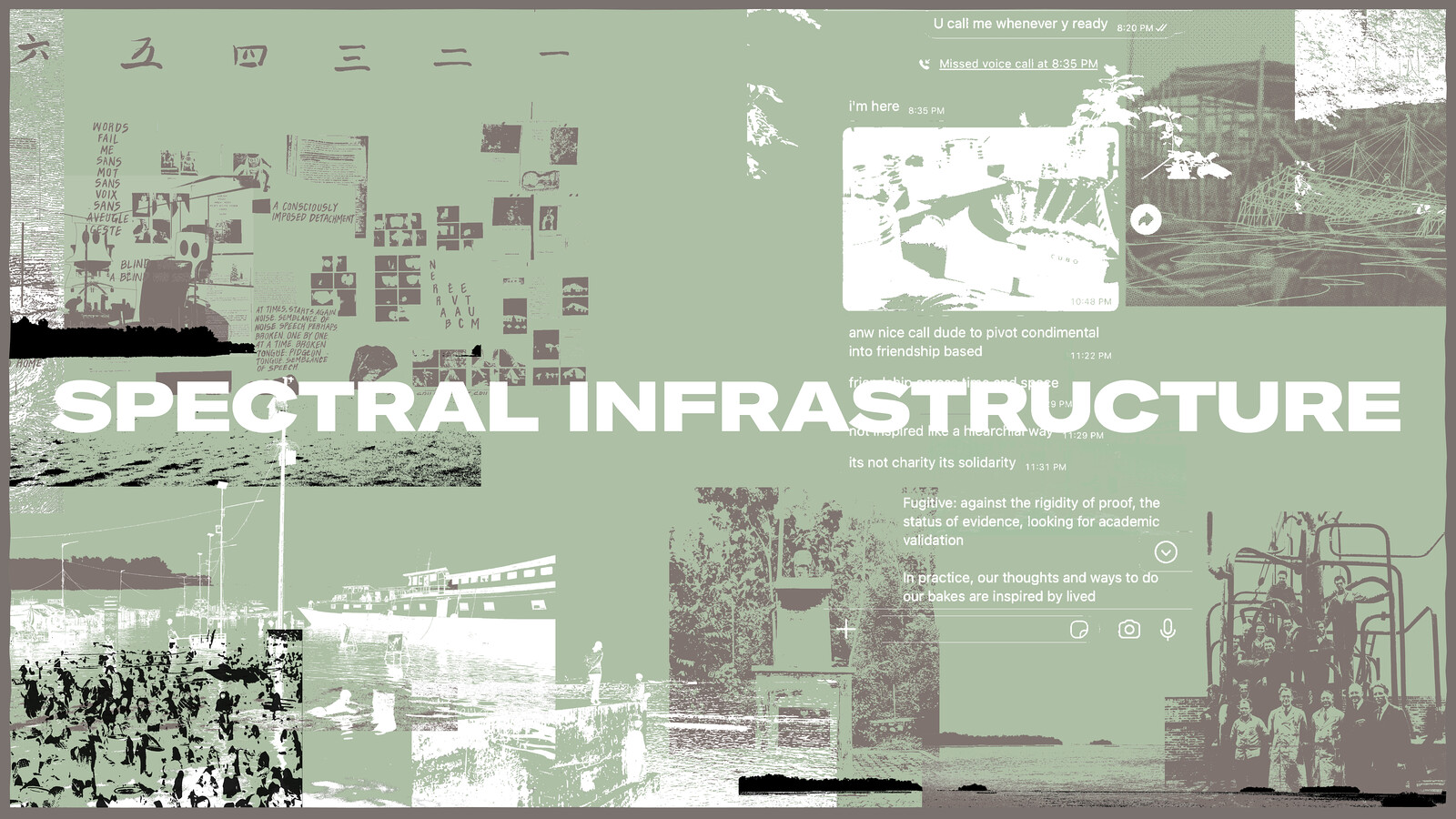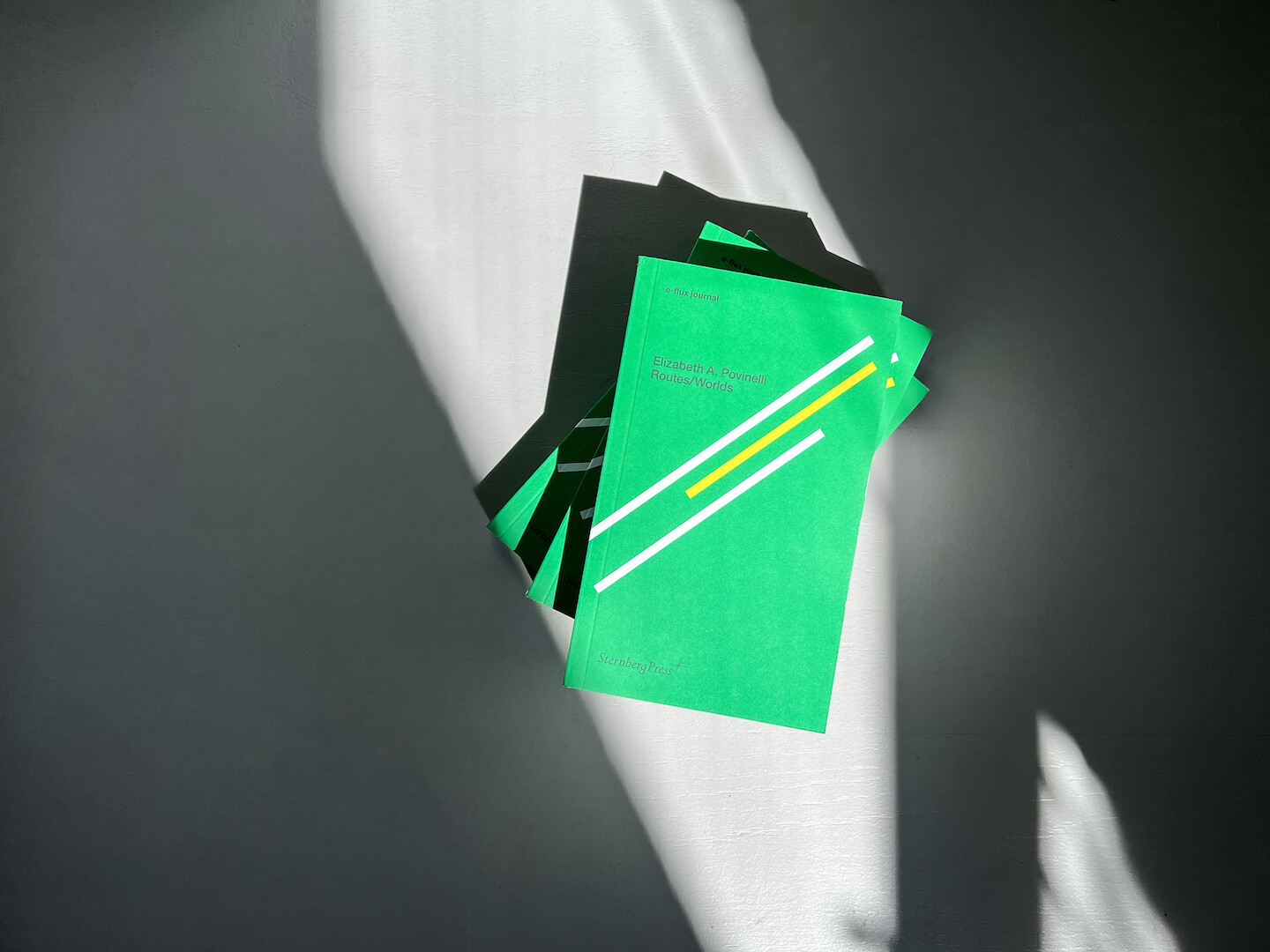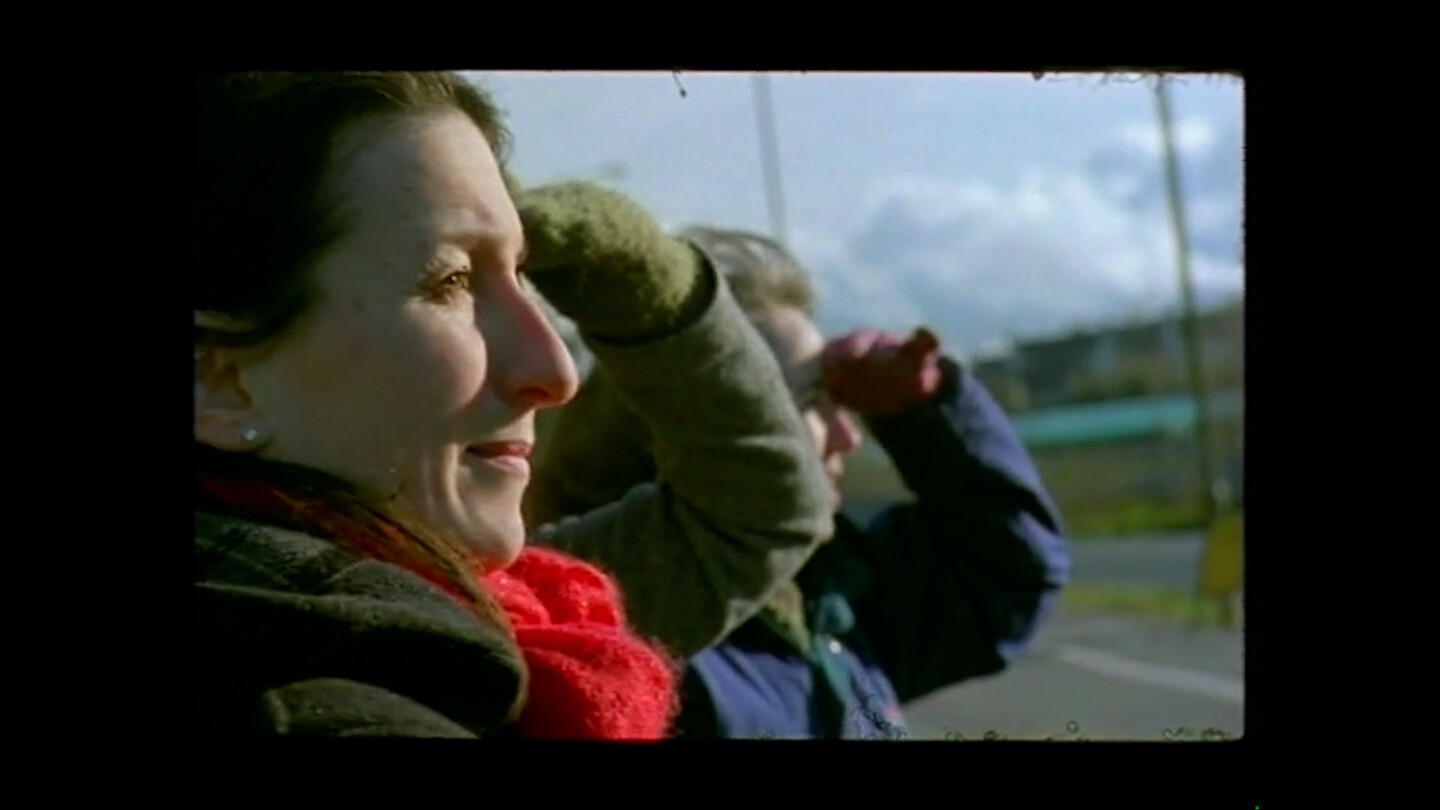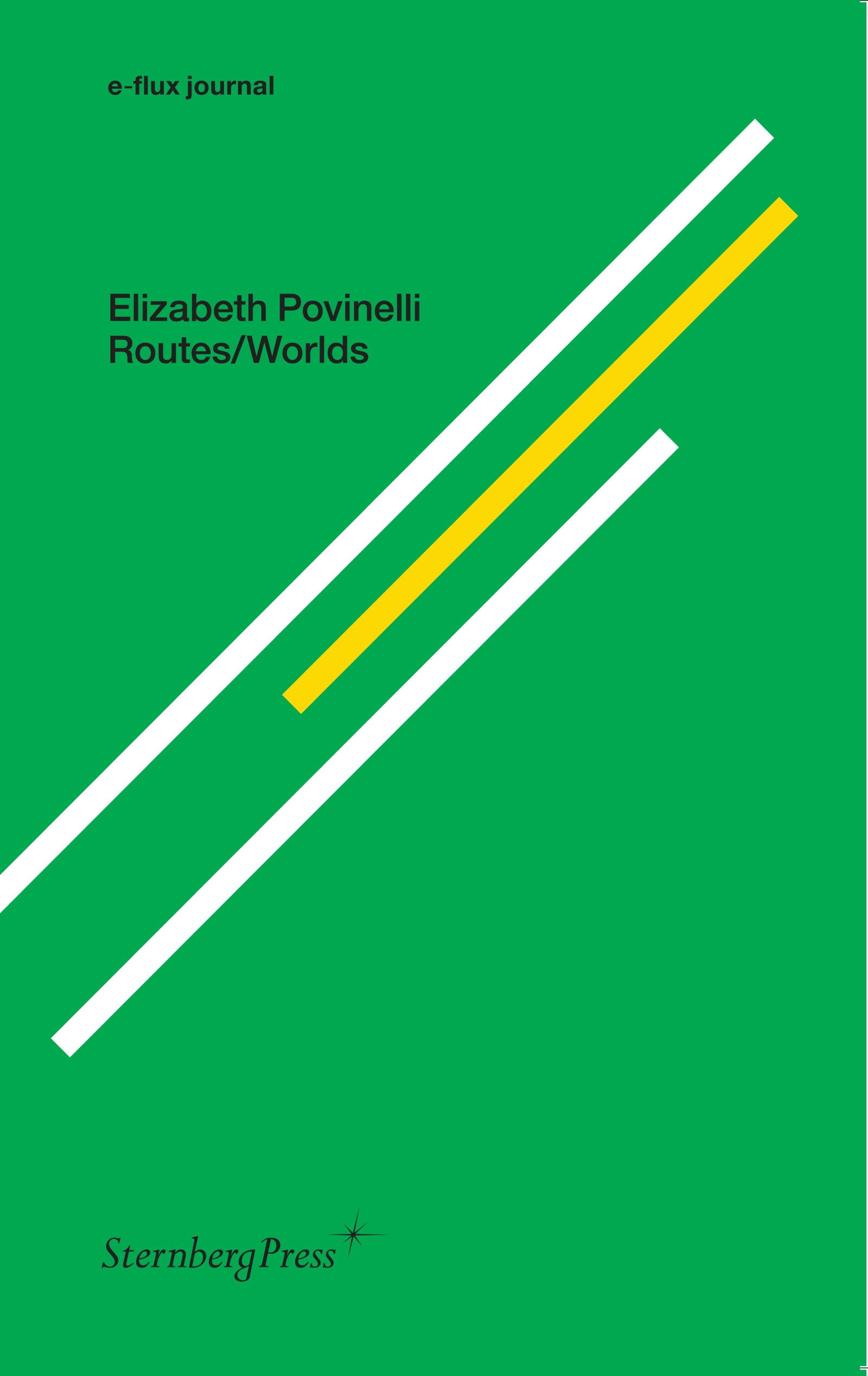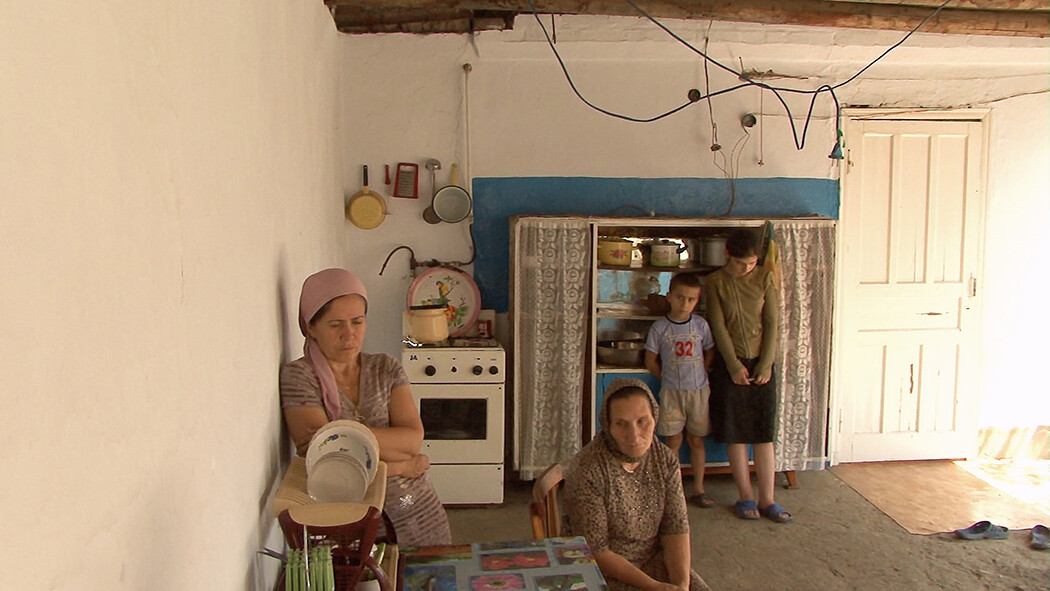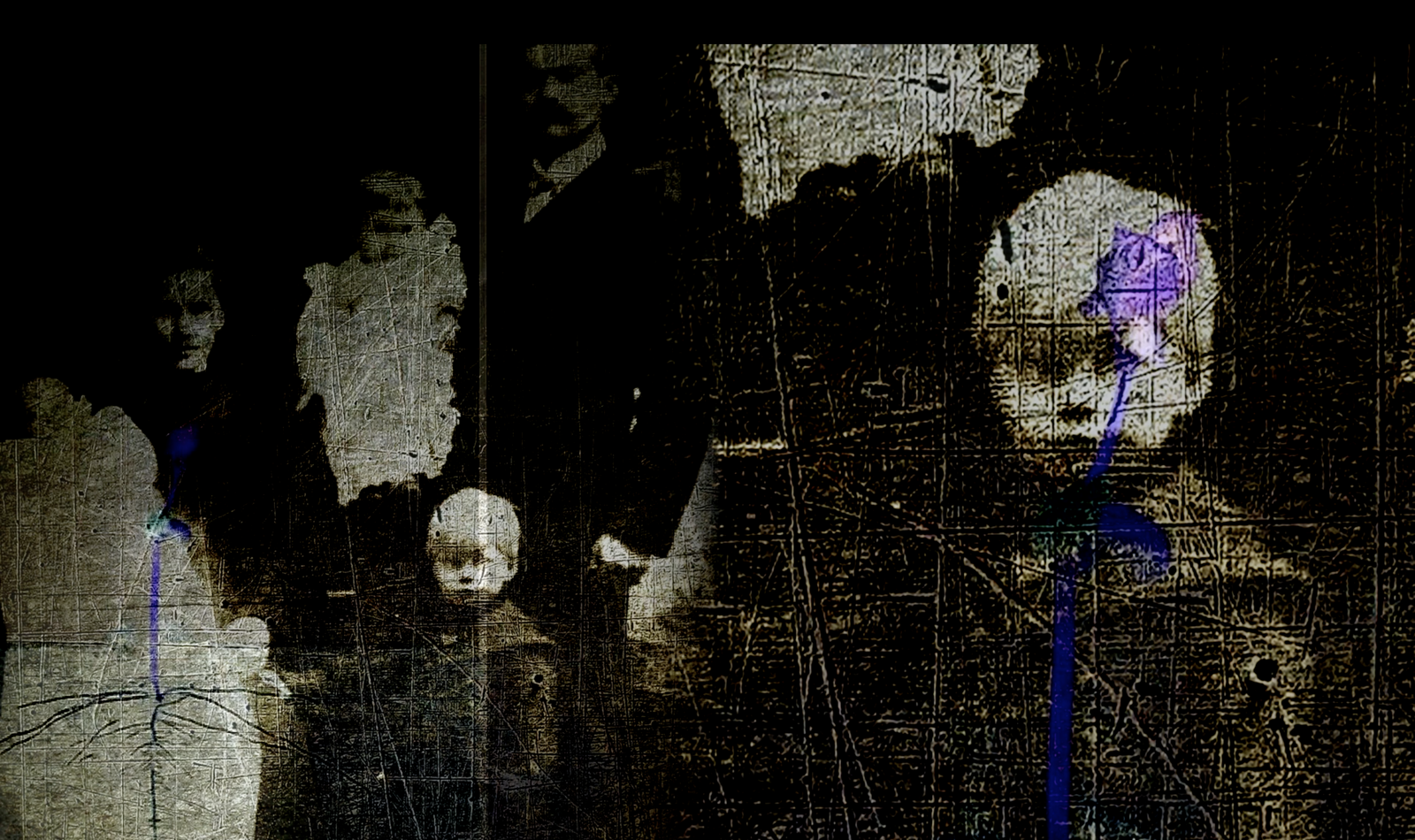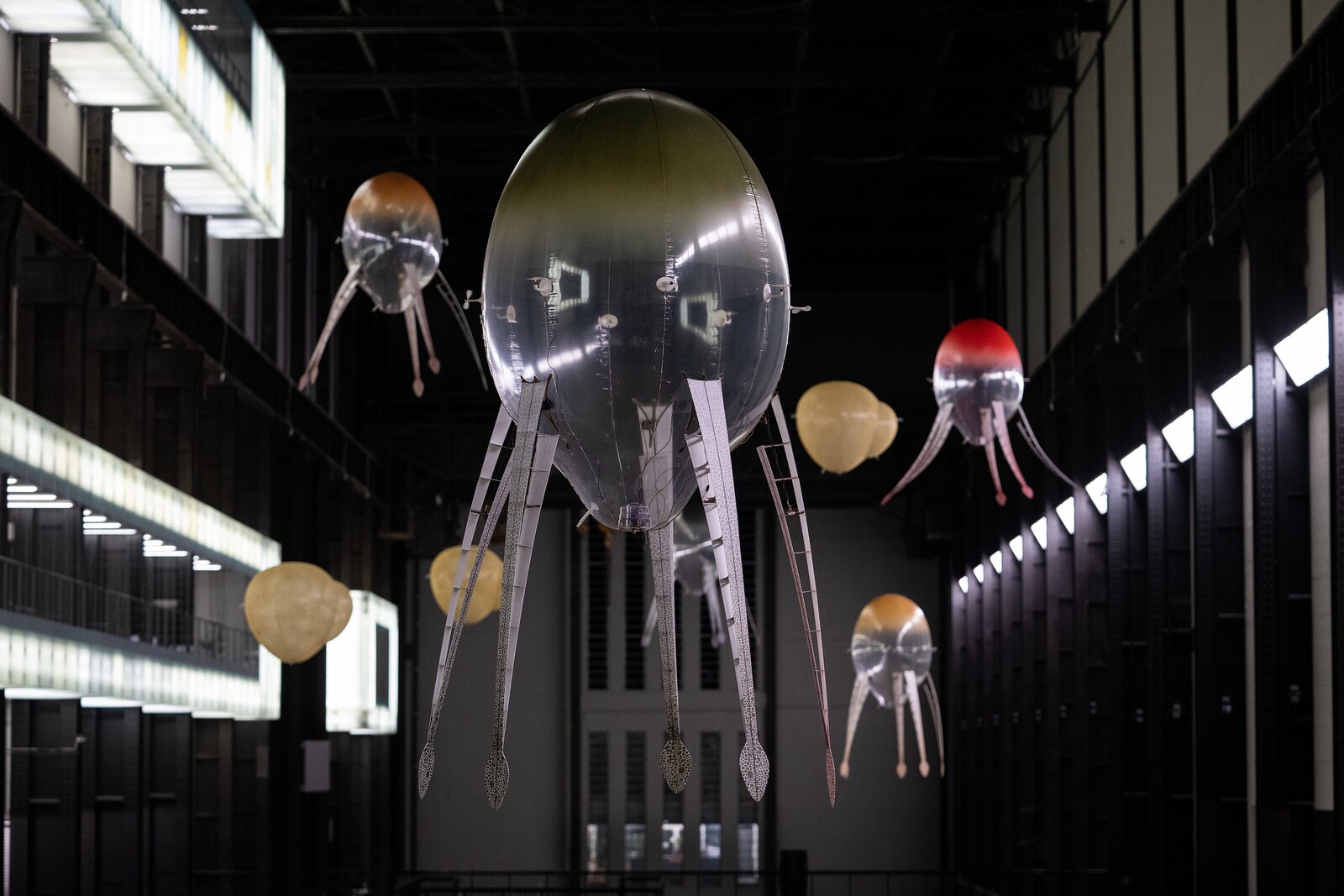It can be difficult to see what is lost when loss is experienced. Freud described melancholia as a condition in which what is lost, beyond any particular object, is ultimately the subject’s relation to the world, which he then describes as a topographical withdrawal back into the self and narcissism, a state he called melancholia. In the process, the relation to the external world is severely compromised. But, Anders asked, could it be possible to start from the opposite premise—that the relationship to the world is never guaranteed a priori?
As “collective projects” and “collective agency” take on new and complex forms, how can processes of collective self-identification be grasped—not just historically, but also for the social media–driven present? How can such processes be intervened in and shaped? What is the role of disidentification between various “peoples” who cast each other in the role of other, alien, enemy? Are divergences always motivated through negation, by opposition?
To counter the cultural and economic neoliberal shift towards precaritization, Amateur Riot has worked for almost two decades to reestablish local agency and to foster forms of interdependence for collective social reproduction, creating what I call, following the writings of political theorist James C. Scott, a “para-zomia”—a self-organized community embedded within an urban area. Though Amateur Riot includes artists and cultural workers, the collective does not consider itself a producer of artworks, signaling a move on its part past what is usually considered art.
Laura Huertas Millán: Ethnographic Fiction as Deconstruction and Reinvention
Surname Viet Given Name Nam
Book launch: Elizabeth A. Povinelli, Routes/Worlds
Elizabeth Povinelli’s anthropology of the otherwise locates itself within forms of life that run counter to dominant modes of being under late settler liberalism.
From Barzakh to Mariupolis: In Memory of Mantas Kvedaravičius
Elizabeth A. Povinelli, The Inheritance

